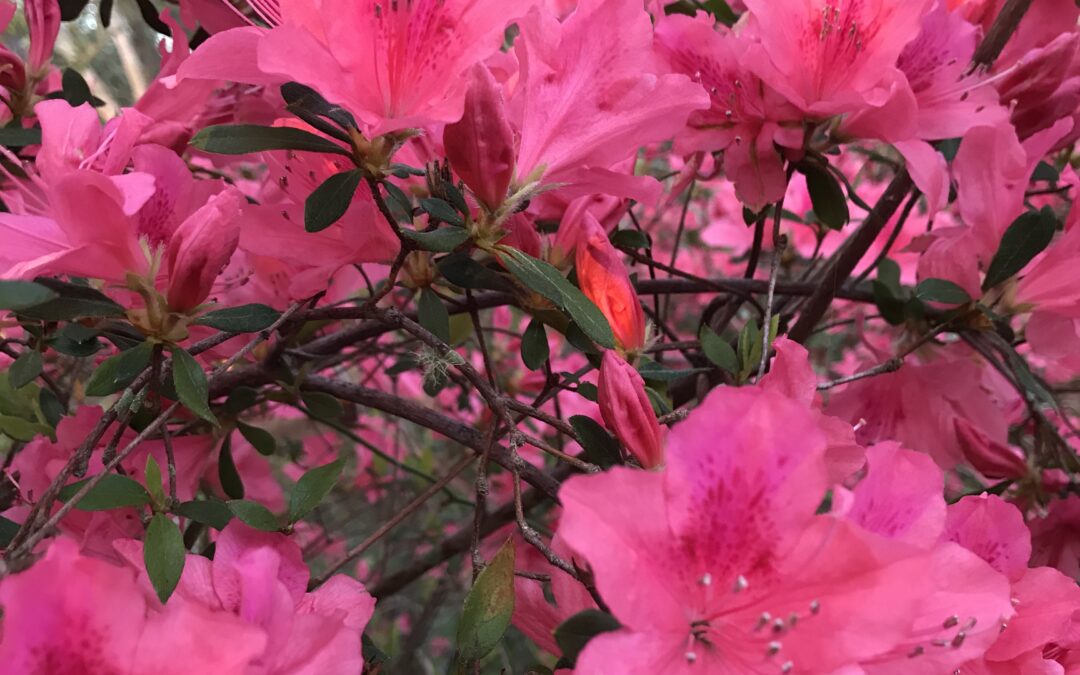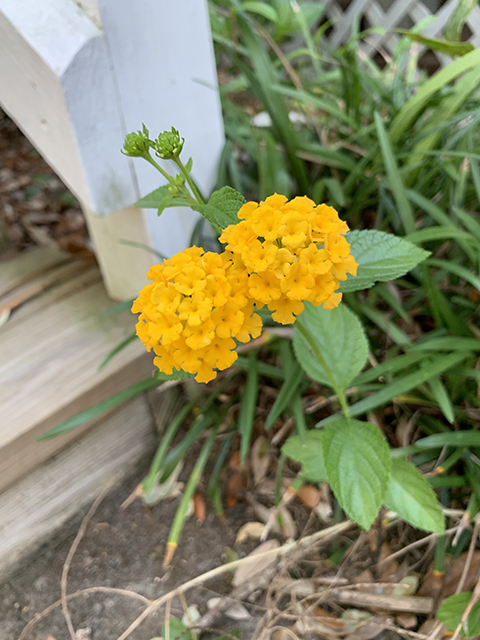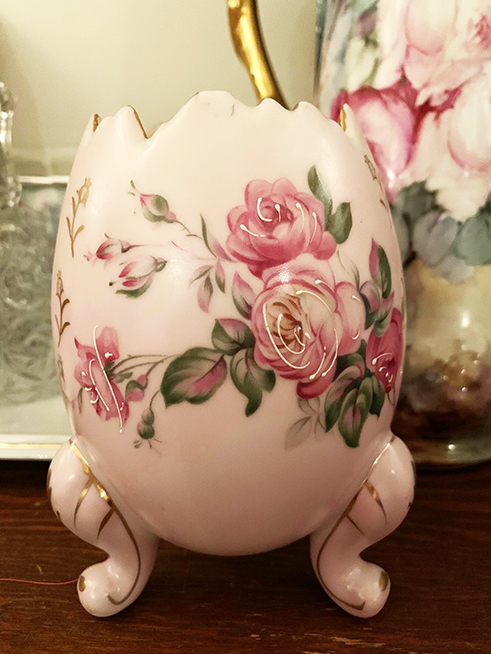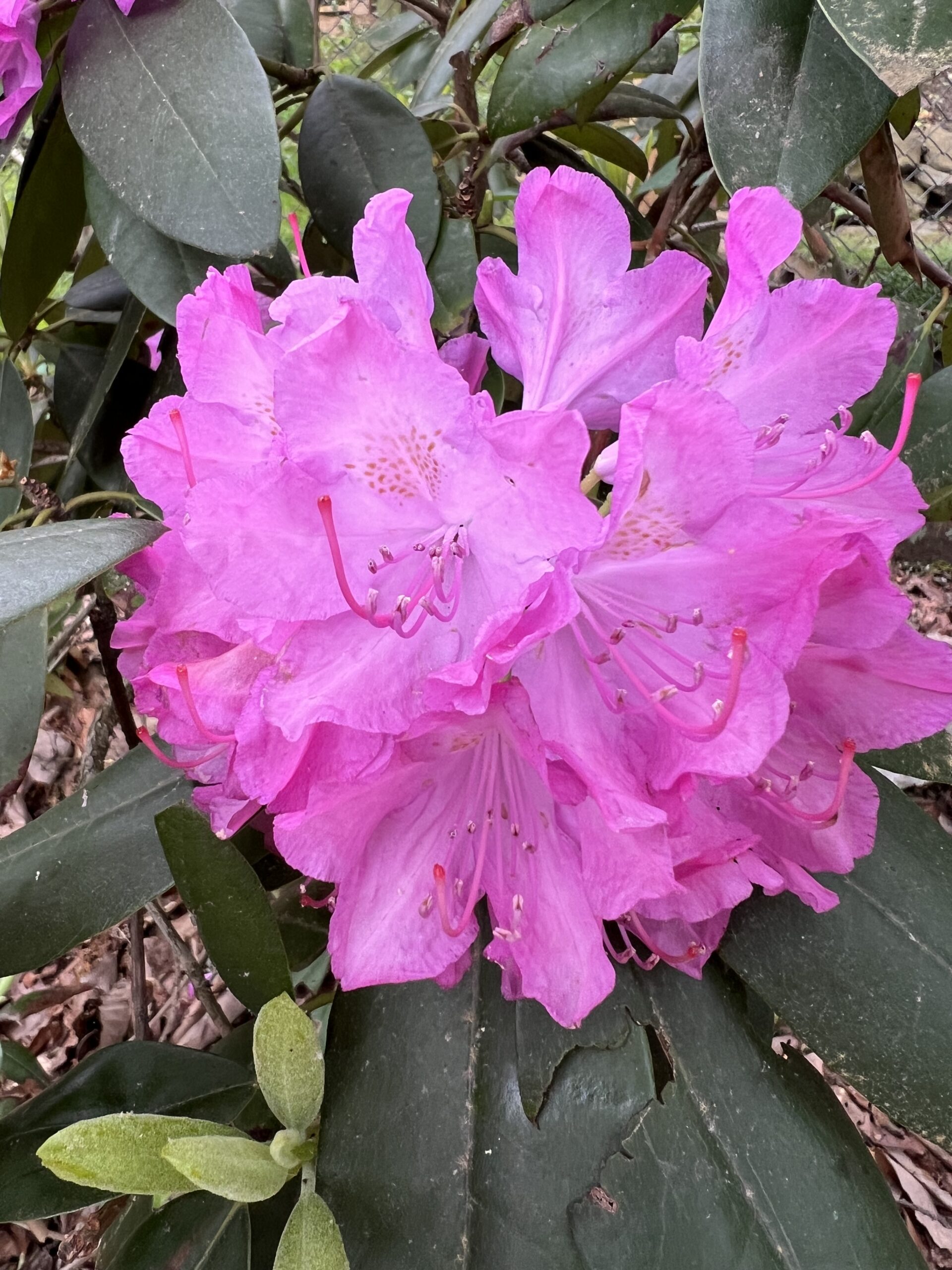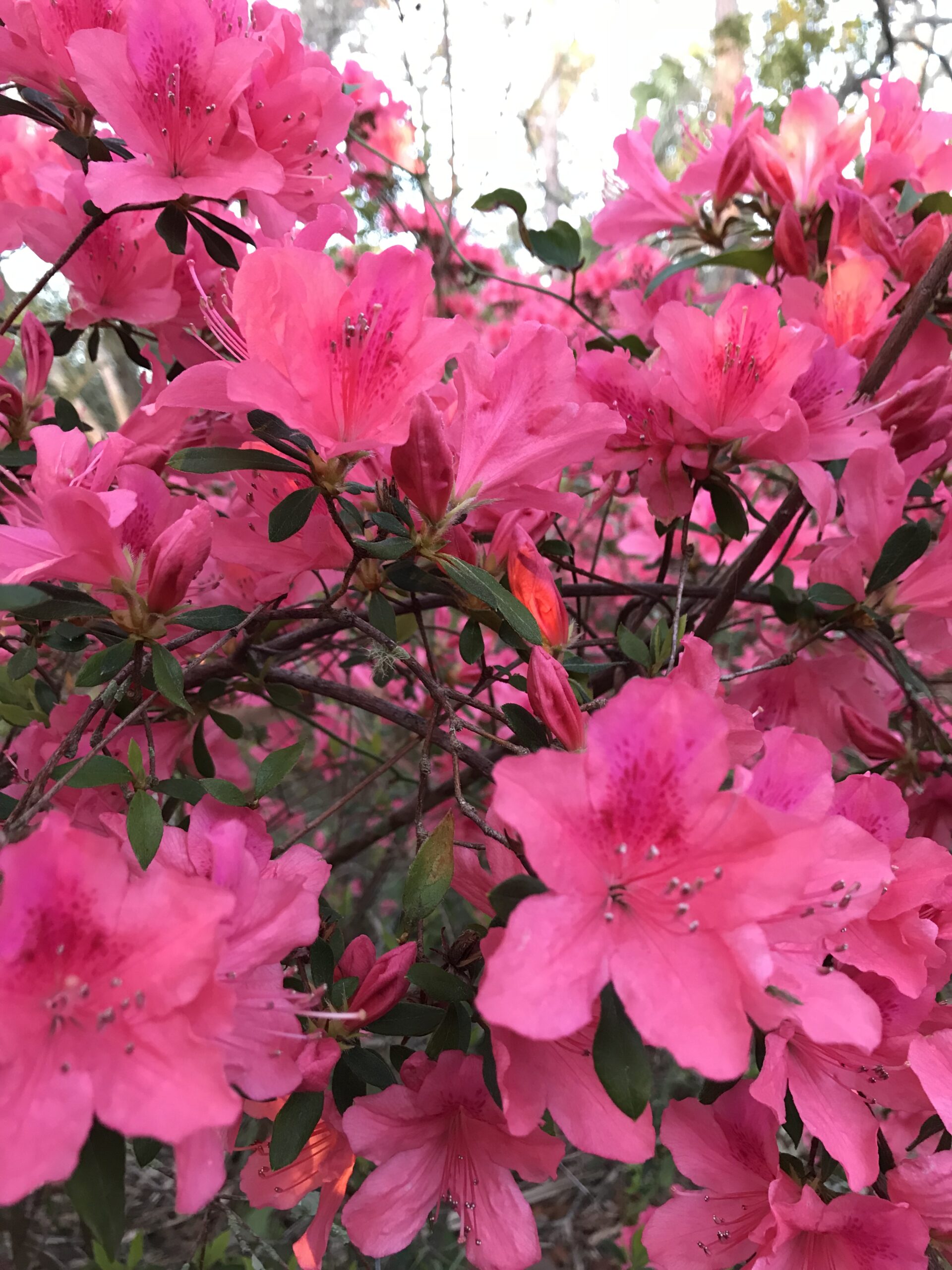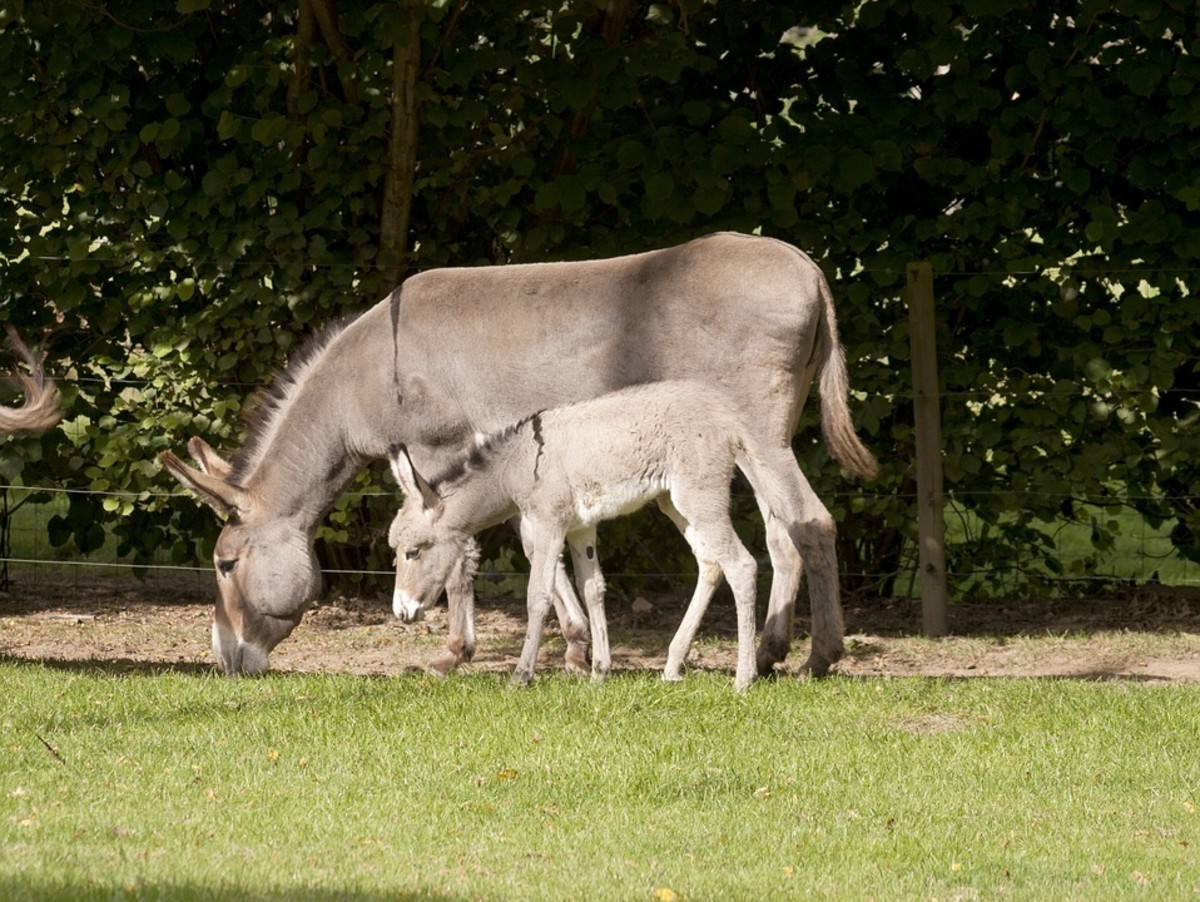To truly love another is to also know how to set a boundary and to be consistent in our application. Setting a boundary is especially important if you are a mother. What happens if you do not set consistent expectations for your children? In the greater world, setting a boundary may look like an act of aggression to someone who has overstepped our own boundaries; and because we live in a world where we aren’t conscious of the subtleties of borders, onlookers can become confused and judgmental in action without contemplation, which is another form of overstepping boundaries.
What overstepping boundaries looks like between countries in the physical space is war or aggression. In the nonphysical space it looks like alliances with a country that has committed unjustified war in the past with no accountability nor consequences to include admissions of guilt with restitution.
When a country wars, committing unspeakable violence, is when a judgement call by that very same violent country is needed. But because the energy required to war is so big it pulls one into blindness. This is why folk tales, learning stories or parables can be helpful. In the worship practices and folklore of India, we have Kali Goddess. She wars more fiercely than anyone, justified or not, until someone she cares about ends up dead at her feet. In the Christianity practiced today, Jesus is the one who dies. At the time of his death, the male apostles, ran fearful of their lives. The women apostles stayed till the end and to bury him as was the custom. This custom was a gender-based role that was seen as secondary, a lessor role in society, the work of women. It allowed them to be overlooked by those in powerful positions. We must live with healthy boundaries or one either has followers or is a servant, different sides of the same coin. God is on our margins. Standing in our God-given power and consistently working on our margins is God’s work.
In uneven worldly power dynamics, we serve those who are less fortunate. Healthy boundaries are very important when being a servant to those who have been disempowered. If both parties are rulers, we should remember that we are neighbors. It is incumbent upon us to dutifully trim our encroaching flora while exchanging pleasantries and well wishes. If we prune diligently, trust is built, then our boundaries soften until they are merged but not lost. Merging creates expansion.
What is the sacrifice needed to end the war in Ukraine? What are both sides holding onto?
 In our personal lives we’ve been both of these types of aggressors for minor infractions and in different situations. What gave way for a contentious dynamic to end in our own lives? Or are we still fighting? Are we aggressive towards others due to our grief of role loss? Can we sacrifice the vision we have of ourselves for peace in our everyday interactions? Well, how do we do this when the other party is still aggressive, whether or not we judge them to be right or wrong? What or who has to die to make a border aggression stop?
In our personal lives we’ve been both of these types of aggressors for minor infractions and in different situations. What gave way for a contentious dynamic to end in our own lives? Or are we still fighting? Are we aggressive towards others due to our grief of role loss? Can we sacrifice the vision we have of ourselves for peace in our everyday interactions? Well, how do we do this when the other party is still aggressive, whether or not we judge them to be right or wrong? What or who has to die to make a border aggression stop?
Jesus died; he changed form and then was only visible in a peripheral way to the action of the physical world. He is with the male and female apostles in spirit. He asked that they love one another and that he be remembered by them.
Hanging out with an aggressor in their garden is a violation of everyone’s boundaries. If we find ourselves in another’s garden, we need to move on to a garden of our own making, physically or mentally. Jesus’ male apostles took a follower’s mindset and didn’t stick around when he left them in the physical form. The women stuck around, not in their role as apostles, but in their role as women of the time. Jesus left them too. The point of the story is that Jesus asks that we leave behind the role we wear as it relates to him. He asks us all to join him as neighbors in our own gardens. The realm of gardens expands infinitely, there is no need to take space from another’s garden to enlarge yours. Our job is on the borders of our gardens. This is where God is. How we maintain borders without breaching the boundaries of others is sacred work. It is how we love others. It is by the wall of our gardens where we meet God. Praying by the wall of our gardens is how we grow love.
